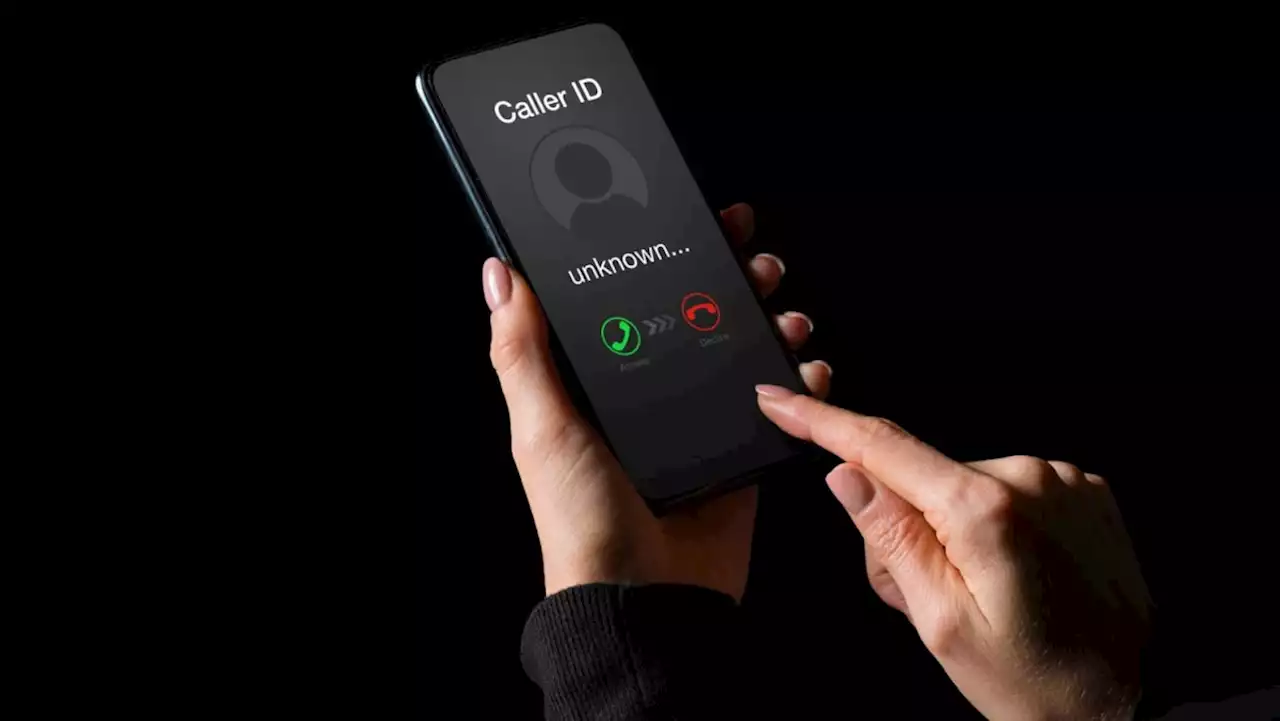SINGAPORE: Business development manager Chan Si Yong, 29, used to pick up calls from numbers starting with +65 because he thought the Singapore country code meant it was a legitimate local call. But on every occasion, he would hear an automated voice in heavily accented English saying t
While many people know better and continue to reject +65 calls, overseas scam calls remain a problem.– making up about half of all crime cases that year – was a 53 per cent jump from the year before. China officials impersonation scams, usually conducted over the phone, also increased by about 70 per cent.In July 2021, MP Saktiandi Supaat asked in Parliament if authorities could"limit" +65 scam calls.
In February, after the high-profile OCBC phishing scam raised multiple questions in Parliament, Communications and Information Minister Josephine Teo said telcos already block around 15 million suspicious overseas calls, or one in seven of all incoming overseas calls to Singapore, every month. "We are currently working with telcos on additional measures, including enhancing measures to further block numbers spoofing domestic fixed-line and mobile numbers," a spokesperson said."We will announce these measures once ready.
Forum threads discussing +65 calls said they could also be from legitimate companies that use cloud-based Voice over Internet Protocol services to make voice calls using a broadband Internet connection instead of a regular phone line. CallHippo, one such VoIP service, said on its website that its virtual Singapore phone number is affordable and creates"an illusion of local existence for your business".
"We identify the purpose of the call quickly, plus do not ask for any personal information which could differentiate us from a typical scam call," he said, adding that restaurants can opt for an SMS to be sent instead. "Citi uses an international telephone numbering system that allows phone calls and text messages to be correctly routed to individual phones in different countries," a spokesperson said.
"It's important to stress – this is a non-stop competition. Each side invents new ways to detect scams, while the other improves their scamming technique," he said. For instance, an overseas number making hundreds of calls to different numbers in Singapore every day could be considered suspicious, he told CNA, adding that telcos must use data analytics to handle the sheer volume of calls.
